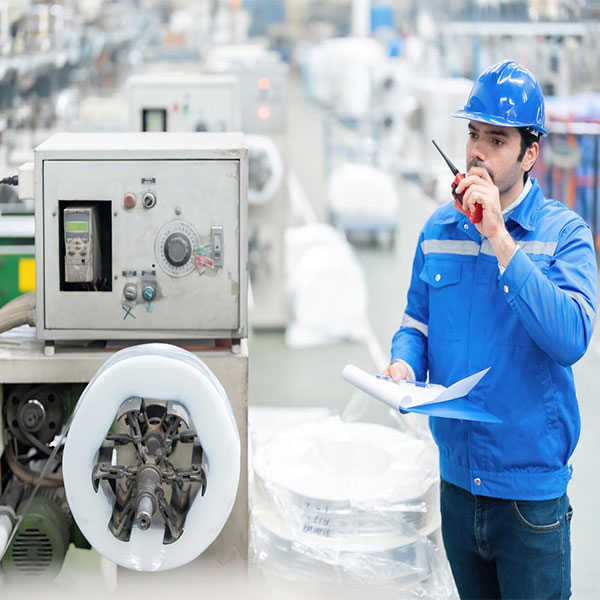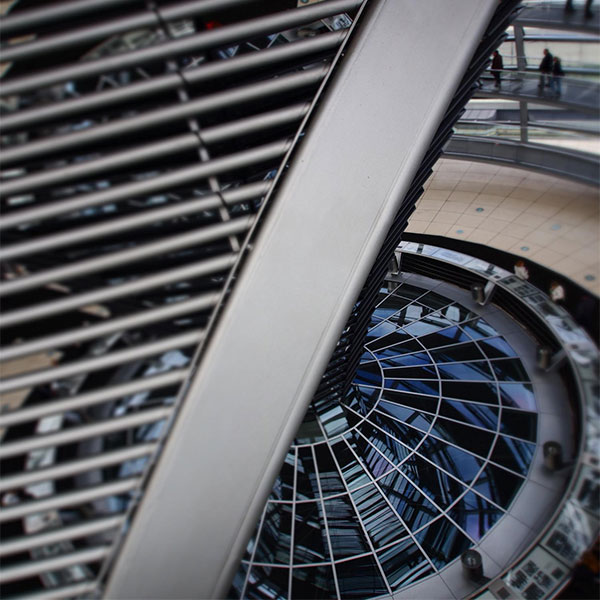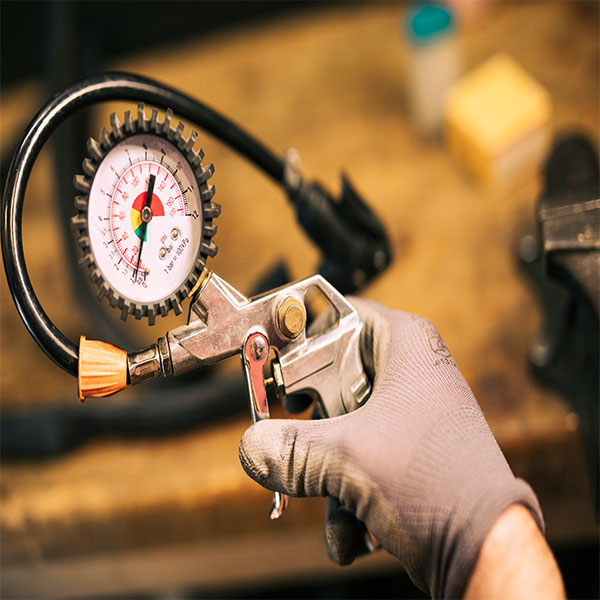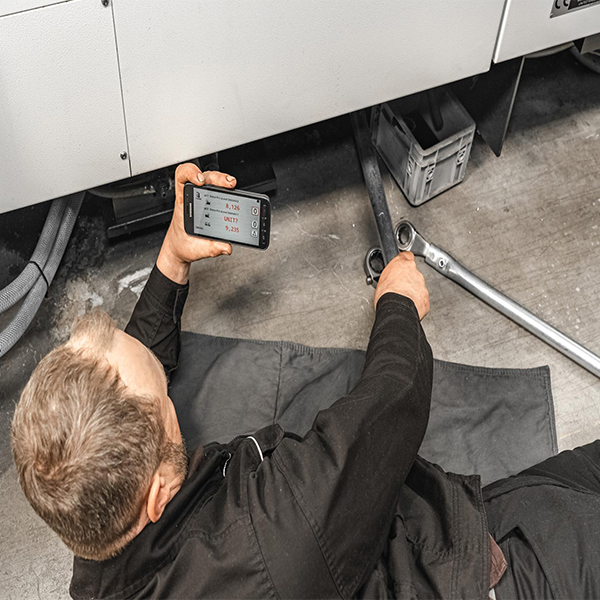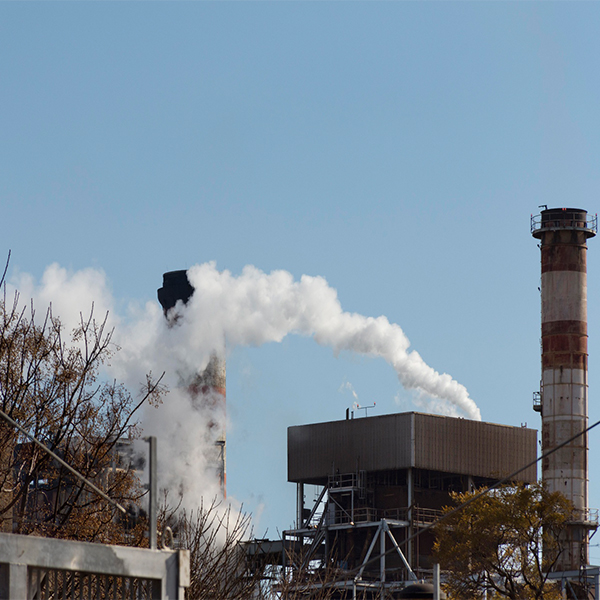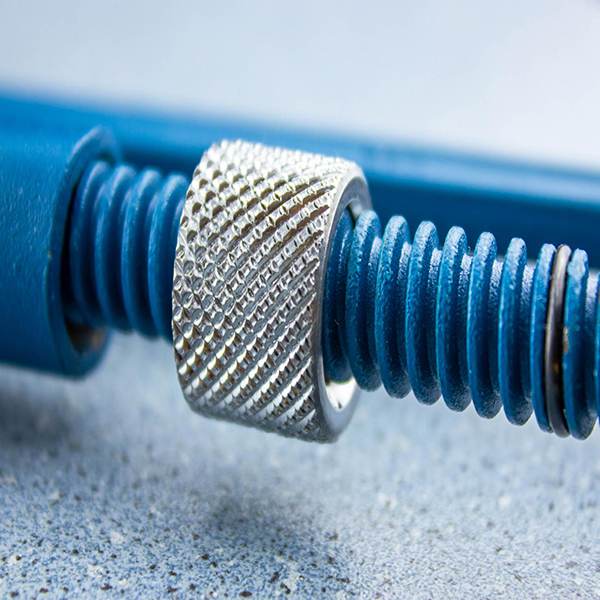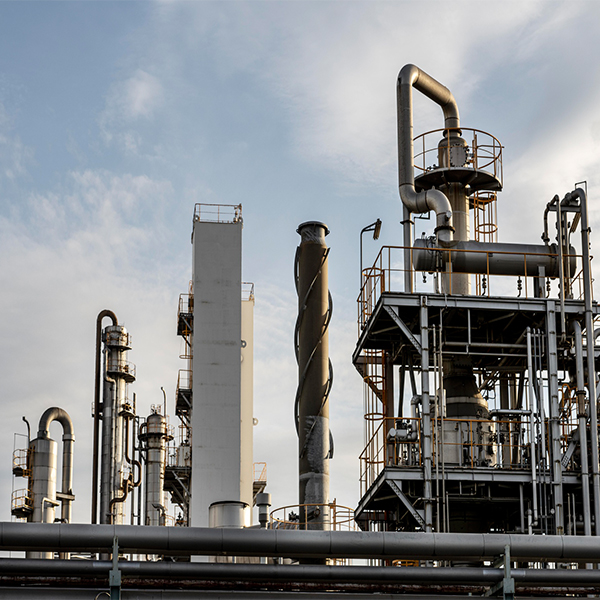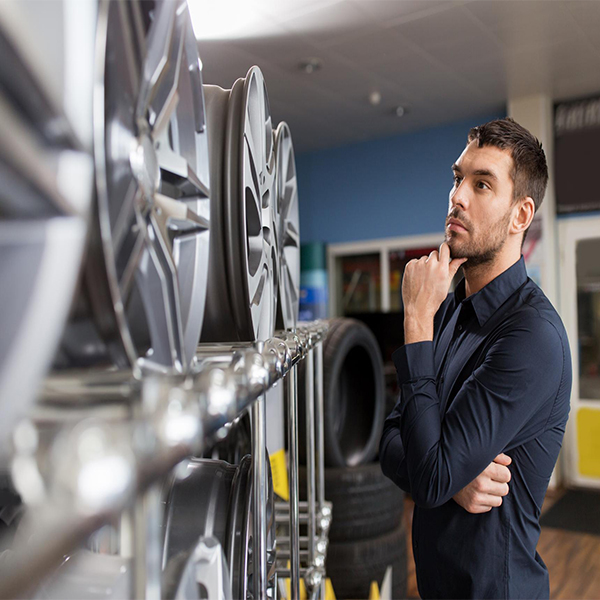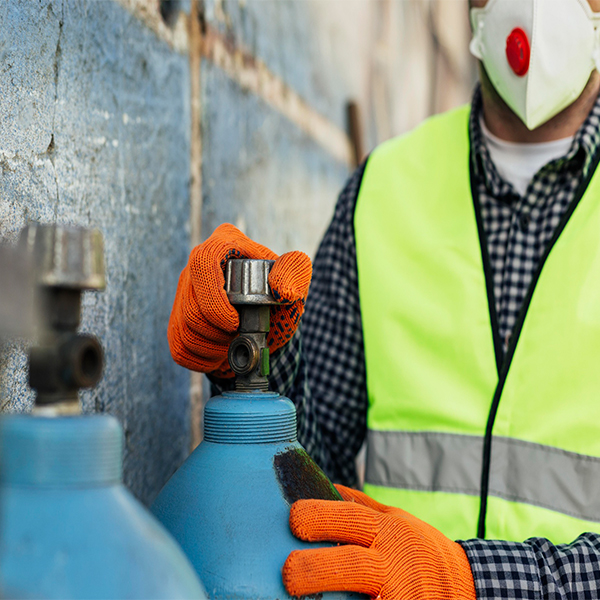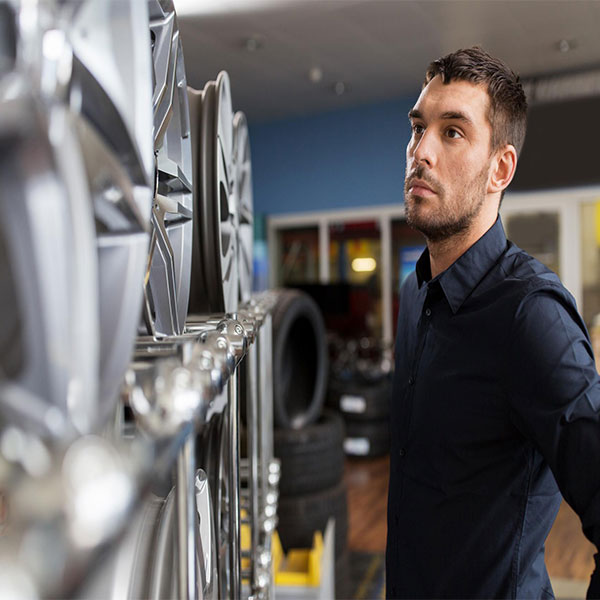Industrial air compressors are fundamental in many sectors, from manufacturing to automotive industries. The efficiency and longevity of these machines are heavily reliant on proper cooling systems that maintain optimal operating temperatures. Without effective cooling, air compressors may overheat, leading to a drop in performance, damage to internal components, or even complete system failure. Understanding the different types of cooling systems used in industrial air compressors can help you make informed decisions about which system is best suited for your needs.
The Importance of Cooling in Air Compressors
As air is compressed, its temperature increases, which can cause several issues such as component degradation, lubrication failure, and overheating of the motor. Therefore, air compressors are equipped with cooling systems to dissipate the excess heat. A reliable cooling system ensures that the compressor operates within the recommended temperature range, improving its efficiency, extending its lifespan, and minimizing downtime.
Industrial compressors, particularly those operating in continuous and heavy-duty environments, require advanced cooling technologies to manage the heat generated during operation. A cooling system not only maintains optimal temperature levels but also helps in reducing energy consumption by improving overall system efficiency.
Types of Cooling Systems in Industrial Air Compressors
- Air-Cooled Systems
Air-cooled compressors are the simplest and most commonly used cooling systems. In this system, ambient air is drawn in by a fan and passed over the compressor’s cooling fins or heat exchangers. This air carries away the heat produced by the compressor.
- Benefits:
- Cost-effective and easy to maintain.
- Ideal for smaller compressors or facilities where space is limited.
- Works well in environments with low to moderate heat generation.
- Considerations:
- Less efficient than water-cooled systems in larger, high-demand applications.
- Performance can be affected by ambient air temperature.
- Water-Cooled Systems
Water-cooled systems use water as the medium to absorb heat from the compressor. These systems are commonly used in larger, higher-capacity compressors. In a water-cooled setup, water circulates through a heat exchanger or jacket surrounding the compressor, absorbing the heat and then returning to the cooling source or a cooling tower.
- Benefits:
- More efficient in managing heat, making them ideal for large-scale operations.
- Can operate continuously at higher loads without overheating.
- Suitable for areas with access to an abundant and clean water supply.
- Considerations:
- Higher installation and maintenance costs.
- Requires a water supply and a well-maintained infrastructure.
- The potential for corrosion or scaling in the water system.
- Oil-Cooled Systems
In oil-cooled systems, the oil used for lubrication also helps dissipate heat. The oil circulates through the compressor components, absorbing the heat, and then passes through a heat exchanger to release the heat before returning to the compressor for re-lubrication.
- Benefits:
- Dual-purpose system that both lubricates and cools the compressor.
- Reduces the wear and tear of compressor components, enhancing their lifespan.
- Ideal for rotary screw compressors and other high-performance systems.
- Considerations:
- Requires regular oil maintenance, including filtration and replacement.
- Oil systems can be more complex and require more technical expertise.
- Hybrid Cooling Systems
Hybrid cooling systems combine both air and water cooling to take advantage of the strengths of each. These systems automatically switch between air and water cooling depending on the operating conditions. For example, the system may use air cooling during lighter load periods and switch to water cooling when the compressor is under heavy load.
- Benefits:
- Provides optimized cooling efficiency across a variety of operating conditions.
- Reduces overall energy consumption.
- Maximizes system performance without requiring constant manual adjustments.
- Considerations:
- More complex and expensive than standalone air or water-cooled systems.
- Requires proper integration of both cooling technologies.
Factors to Consider When Choosing a Cooling System
When choosing a cooling system for your industrial air compressor, it’s essential to consider several factors to ensure the system meets the specific demands of your operation:
- Capacity and Scale of Operation: For larger, high-duty cycles, water-cooled or hybrid systems are typically more efficient. Smaller compressors or operations with intermittent duty cycles may benefit from air-cooled systems.
- Environmental Conditions: If your facility lacks access to a consistent water supply, an air-cooled system may be the better choice.
- Maintenance Requirements: Air-cooled systems are easier and less expensive to maintain, while water-cooled systems require regular upkeep to prevent corrosion and scaling.
- Energy Efficiency: Hybrid systems and oil-cooled systems offer superior cooling efficiency, which can reduce energy consumption in demanding applications.
Effective cooling is a critical component of maintaining the performance and reliability of industrial air compressors. Whether opting for air-cooled, water-cooled, oil-cooled, or hybrid systems, choosing the right cooling solution depends on the size of your operation, the environment in which the compressor is used, and the specific requirements of your industry.
Nanjing XYC is a key supplier of industrial air compressors, equipped with advanced cooling systems tailored to your operational needs. Our experts are available to help you select the most suitable compressor for your business. Contact Nanjing XYC today for more information and expert guidance.


